Highlights of the ASPB African Researchers Network Workshop and Hackathon
By Sessen Daniel Iohannes and Modesta Abugu
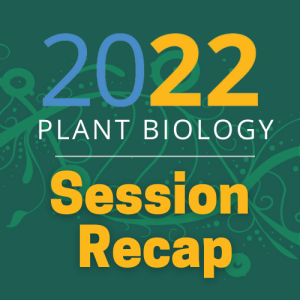 Current agricultural ecosystems are threatened by ongoing climate change and weather extremes that affect crop production, biodiversity, and dynamics of pests and diseases. We need to rethink how we do agriculture to bridge the gap between productivity, resilience to environmental stresses, and sustainable livelihoods.
Current agricultural ecosystems are threatened by ongoing climate change and weather extremes that affect crop production, biodiversity, and dynamics of pests and diseases. We need to rethink how we do agriculture to bridge the gap between productivity, resilience to environmental stresses, and sustainable livelihoods.
During the Plant Biology 2022 Meeting, the ASPB African Researchers Network held a workshop and hackathon titled “Enhancing Climate-Smart Agriculture to Foster Resilient Systems” to promote discussions on strategies for enhancing climate-smart agriculture. These integrated strategies include research on plant stress biology and its applications, climate change impacts assessments and modeling, adaptation and mitigations policies, and science communication.
The opening workshop featured presentations that highlighted the interdisciplinary nature of the problem, including the role of plant stress biology research, climate policy, and science communication. Prof. Thelma Madzima of the University of Washington, Bothell, presented her research on plant epigenetic responses to drought, using maize as a model organism. Her talk mainly focused on MOP1 (mediator of paramutation1), a component of the RNA-directed DNA methylation pathway involved in regulation of gene expression during responses to drought stress in maize.
Dr. Edmond Totin of the Université Nationale d’Agriculture, Benin, shared his work with the Intergovernmental Panel on Climate Change (IPCC) on climate change impacts, vulnerability, and adaptation strategies in Africa. He provided important recommendations for mitigating the impacts of climate change in vulnerable environments, including funding climate research, improving climate literacy and capacity building and supporting data flow.

The third presentation featured Nigerian filmmaker and director Umanu Ojochenemi Elijah, who showed a trailer of his new movie on the effects of soot pollution in Nigeria. “My motivation to tell this story about the damaging effects of environmental pollution on Nigeria families comes from the need to tackle this challenge while correcting some of the misinformation out there on the science of climate change,” he said. Elijah called on policy makers to prioritize research and awareness creation to tackle this challenge.
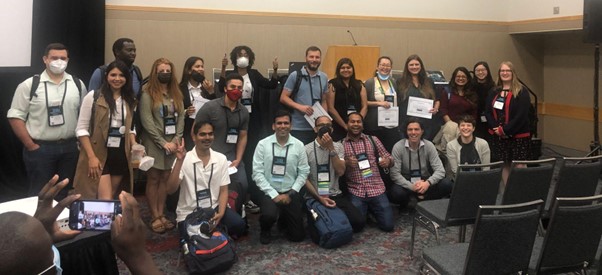
The highlight of the workshop was the agricultural technology hackathon, supported by ASPB, Bayer Crop Science, New Phytologist Foundation, and Galy. Over a 48-hour interval, seven teams composed of students (57%), early career researchers (24%), and faculty members (19%) hacked possible solutions to a series of challenges ranging from plant stress-biology, climate change vulnerability assessments, carbon sequestration and mitigation strategies, and science communication.

More specifically, the hackathon challenges focused on: a) developing strategies to modulate plant immunity; b) establishing standards for collecting and sharing crop variety traits for AgMIP crop models; c) enhancing interactions between crop and soil (or synthetic) microorganisms for improved carbon sequestration; d) developing a scaled-up technology for in vitro cocoa production to meet consumer needs; e) proposing strategies to communicate climate change uncertainties to policy makers; f) developing a crowdsourcing strategy to assess farmers’ vulnerability indicators to climate change; and g) identifying barriers and proposing solutions for the adoption of climate smart agricultural practices among farmers.

Three judges, representing ASPB, Alliance for Science, and the African Researchers Network evaluated the solutions developed by the teams for their creativity, innovation, collaboration, and presentation. The first team received a travel award to participate in the Plant Biology 2023 Meeting in Savannah, Georgia. The second team received free registration to the Plant Biology 2023 Meeting, and the third team was awarded $100 gift cards.
In summary, the workshop and the hackathon gave participants the opportunity to form new networks and discuss creative solutions to address interdisciplinary research questions.
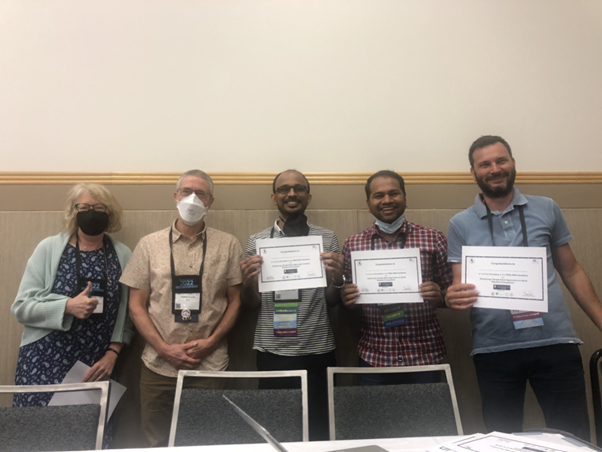
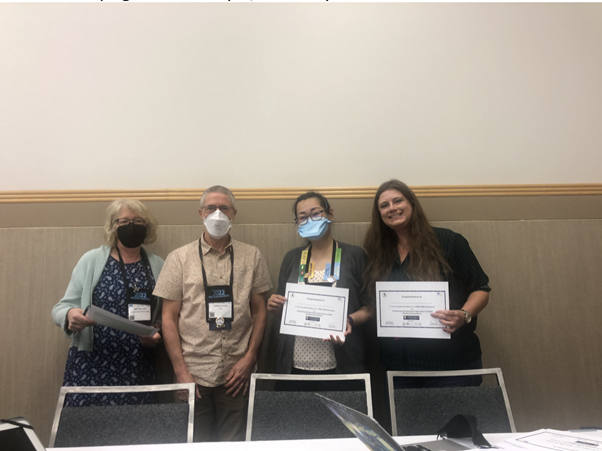
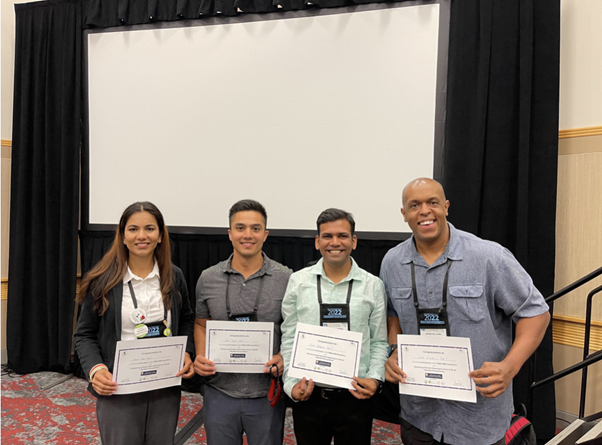

________________________________________
Sessen Daniel Iohannes is a PhD student at Cold Spring Harbor Laboratory and was previously an ASPB Conviron Scholar. Modesta Abugu is a PhD student of horticultural sciences at North Carolina State University. Sessen and Modesta, together with Prince Zogli, are the coordinators of ASPB’s African Researchers Network, which works to connect plant biologists on the African continent with African scholars studying abroad and those collaborating with scientists in Africa and allies.

